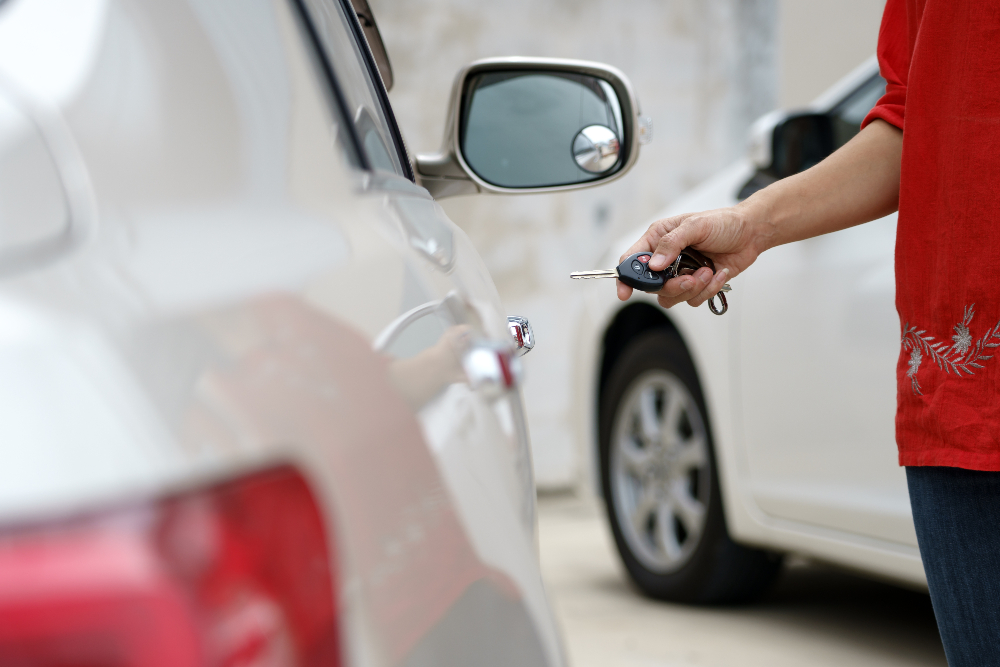
Ignition interlock devices help Minnesota law enforcement limit the number of intoxicated drivers who take to the roads. While the state of Minnesota does not require individuals who receive their first DWI to install ignition interlock devices in their cars, such devices can be useful. If you opt to install an ignition interlock device in your car, some courts will approve your ability to drive when your license may have otherwise been revoked or suspended.
That being said, there are other downsides to your first DWI. If you want to maintain a clean driving record, limit your potential damages, and protect your friends and loved ones, Minnesota law can give you the motivation you need to stay clean on the road.
Table of Contents
Ignition interlock devices are electronic anchors attached to a person’s car upon their request or after significant trouble with the law. These devices measure an individual’s blood alcohol level (BAC) and will release the attached vehicle’s ignition only if said BAC is below Minnesota’s legal limit.
Minnesota requires all drivers with a BAC of 0.08% or higher to abstain from driving until they are sober. Drivers who still take to the wheel with a BAC higher than the state limit put themselves, their loved ones, and other drivers at risk of serious accidents. While the state of Minnesota does not require first-time DWI offenders to use ignition interlock devices, offenders can request such a device to retain their driving privileges.
Individuals accused of driving while under the influence of alcohol in Minnesota can face varying consequences that depend on both their BAC and the circumstances surrounding their initial arrest. For example, the state notes that drivers with a BAC of 0.16% or higher may be charged with aggravated DWI as opposed to a standard DWI. With this charge, the accused may face higher fines or more significant jail time, additional circumstances notwithstanding.
Someone facing their first DWI, provided that no one was harmed as a result, will likely face a fourth-degree charge and the subsequent consequences. This means that the individual may endure ninety days of jail time and fines of up to $1,000. Consequences from this point on only grow steeper, with repeat offenses netting drivers up to seven years imprisonment and fines of over $14,000.
For more information about Minnesota’s DWI rulings and consequences, drivers can consult Minnesota Statute 169A.275. Parties who would like to challenge accusations of driving under the influence can schedule a consultation with a Minnesota DWI attorney.
Driving under the influence can have a myriad of negative influences on your life. If you want to avoid those consequences, you can work with a Mankato DWI attorney. The attorneys at Knutson + Casey can help you break down the details of your case and minimize, if not entirely overcome, the challenges brought against you in court.
To set up your free initial consultation, you can call (507) 344-8888 or reach out via the firm’s online form.